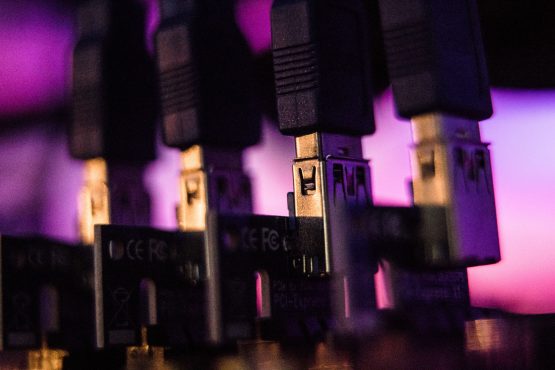Controversial bill aims to clamp down on crypto for terrorism financing

Amendments to a counter-terrorism bill have been criticised for using imprecise language that could see legitimate political protests being redefined as ‘terrorism’ – opening the door for the state to seize assets, including cryptos.
The Protection of Constitutional Democracy against Terrorist and Related Activities Act of 2004 is being updated to align with international counter-terrorism legal standards.
The amendment bill is currently before parliament and the public is being asked to comment before it is passed into law.
One of the key objections to the bill is that the definition of terrorist activity remains as imprecise as its predecessor, but has been broadened to include acts “calculated to overthrow the government of (SA) or any other government”, or cause damage or interference to information infrastructure.
Excessively ‘broad’
The bill becomes even more problematic when it comes to sharing or distributing publications deemed terrorist-related. Under the expanded definition of terrorism, this could include material critical of government or calling for its replacement.
That’s a definition so broad it covers investigative journalism, legitimate political opposition, or secessionist movements – and could have non-governmental organisations (NGOs) or certain religious groups critical of government deemed terrorist organisations, says Rob Hutchinson, head of public participation group Dear South Africa.
In its written response to the bill, AfriForum argues that the ‘CapeExit’ movement which is pushing for the Western Cape to secede from the rest of the country could be deemed a terrorist group under the expanded definitions of terrorism.
Any person advocating or encouraging secession would be criminally liable and vulnerable to bans on information or even freezing orders, “based on the lowered standard of ‘reasonable grounds’ and the notion of endangering the ‘unity’ or ‘territory’ of the Republic,” says AfriForum.
The existing counter-terrorism legislation has not been frequently used, and consequently has escaped rigorous constitutional testing.
Overreach
Terrorist activity as presently defined includes serious interference or disruption of essential services such as banking, electricity or telecoms. This would mean acts of sabotage against Eskom infrastructure could be charged under this counter-terrorism law and the assets of the culprits seized.
The definition of ‘property’ in the bill has been amended to include cryptocurrencies, allowing law enforcement to intercept and seize cryptos being used to fund activities labelled as terrorism.
“One problem with this bill is that anyone speaking out against government could be designated as a terrorist,” he adds.
“It encroaches on personal freedoms and human rights by curbing freedom of expression and association, and is a problem for investigative journalism, non-profit organisations conducting their day-to-day work, religious organisations, or individuals sending in petitions or participating in public participation campaigns such as we run.”
Dear South Africa has received more than 15 000 comments to the bill, the vast majority of them rejecting the bill in its entirety for infringing on free speech and rights of association.
Complex, vague, worrying
Legal scholars have argued that the existing counter-terrorism act is long, complex, overbroad, and vague in several worryingly material respects – “at times going further than even United States anti-terror legislation and the Internal Security Act employed by the Apartheid regime to quell dissent and commit atrocities,” adds AfriForum.
Ottilia Anna Maunganidze, head of special projects at the Institute for Security Studies, says the bill excludes mention of humanitarian law in cases of armed conflict – such as that provided by the Red Cross or Red Crescent to partisans designated as terrorists.
“For example, providing medical assistance to people affected by conflict in areas controlled by a non-state armed group, asking the group to respect international humanitarian law, or even simply being in an area controlled by the group,” writes Maunganidze.
Lack of enforcement, not laws
There are plenty of other laws to investigate and prosecute domestic terrorism, says AfriForum, such as the Criminal Procedure Act, the Prevention of Organised Crime Act and the Financial Intelligence Centre Act. There have been several successful prosecutions of terror-related incidents, without having to rely on the expanded powers under the amended bill.
The problem is not a lack of laws, but the inability of the state to enforce them, given a lack of manpower and well-documented corruption.
Another problem is that the definition of terrorism is notoriously contested all around the world. Given this lack of precision, the legislature should “tread carefully where criminal liability is tied to such a vague, flexible and broad definition, which is also politically loaded,” says AfriForum.

